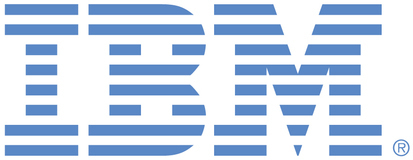
This portal is to open public enhancement requests against the products and services belonging to IBM Sustainability Software. To view all of your ideas submitted to IBM, create and manage groups of Ideas, or create an idea explicitly set to be either visible by all (public) or visible only to you and IBM (private), use the IBM Unified Ideas Portal (https://ideas.ibm.com).
Shape the future of IBM!
We invite you to shape the future of IBM, including product roadmaps, by submitting ideas that matter to you the most. Here's how it works:
Search existing ideas
Start by searching and reviewing ideas and requests to enhance a product or service. Take a look at ideas others have posted, and add a comment, vote, or subscribe to updates on them if they matter to you. If you can't find what you are looking for,
Post your ideas
Post an idea.
Get feedback from the IBM team and other customers to refine your idea.
Follow the idea through the IBM Ideas process.
Specific links you will want to bookmark for future use
Welcome to the IBM Ideas Portal (https://www.ibm.com/ideas) - Use this site to find out additional information and details about the IBM Ideas process and statuses.
IBM Unified Ideas Portal (https://ideas.ibm.com) - Use this site to view all of your ideas, create new ideas for any IBM product, or search for ideas across all of IBM.
ideasibm@us.ibm.com - Use this email to suggest enhancements to the Ideas process or request help from IBM for submitting your Ideas.

Thank you for your suggestion. There are currently no plans to address this in the next several releases.
An alternative to creating another table would be to look at a change indicator and only upload records where the indicator suggests a change has occurred.
The rowstamp field is already there on the reportdesign table and is used to detect changes
So change the caching code so that it checks the rowstamp values in the relevant report table (reportdesign ?) against the rowstamp values in the cache.
Only upload the report if the rowstamp value has changed
If the rowstamp value is not in the cache then upload the report
this way will still incur a DB query but it is should be quicker to code/deliver.
If the changes to the caching code were generic enough then it could be used for other cached items e.g. Presentation XMLs